Why Calibration Matters: Ensuring Accurate Results in Your Laboratory
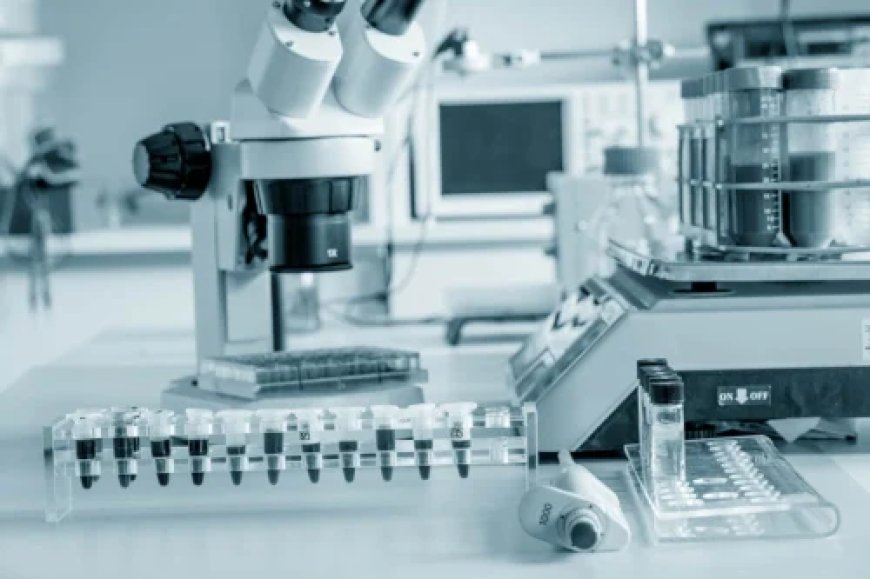
When it comes to laboratory work, precision is everything. Whether you're conducting scientific research, performing medical diagnostics, or developing new products, the accuracy of your results is essential for success. This is where the importance of calibration comes in. Proper calibration of laboratory equipment ensures that measurements are accurate, reliable, and consistent. Let’s explore why calibration is so critical for your lab operations and how it can make all the difference in your results.
What is Calibration?
Calibration is the process of adjusting and fine-tuning laboratory instruments calibration is to ensure that they measure accurately according to established standards. It involves comparing the readings of an instrument to a known reference standard or a certified instrument, and then making any necessary adjustments. Without proper calibration, even the most advanced instruments can give incorrect readings, leading to flawed data and potentially invalid conclusions.
Why Calibration is Essential for Accurate Results
1. Precision and Consistency
Laboratory equipment is often used to take precise measurements in experiments and tests. If the equipment is not calibrated correctly, even the smallest inaccuracies can lead to major errors in your results. By regularly calibrating your instruments, you ensure that they perform consistently, providing accurate measurements every time they’re used.
2. Compliance with Industry Standards
In many industries, especially in fields like pharmaceuticals, medical testing, and food safety, adhering to strict regulatory and industry standards is a must. Calibration plays a key role in ensuring that your laboratory equipment meets these standards. This not only ensures the accuracy of your work but also helps you remain compliant with industry regulations.
3. Improved Data Quality
Accurate data is the foundation of all scientific work. Calibration helps eliminate systematic errors that can distort your data, ensuring that the results you obtain are of the highest quality. Whether you're conducting research or producing products, high-quality data is essential for making informed decisions and drawing valid conclusions.
4. Increased Equipment Longevity
Regular calibration not only improves the accuracy of your instruments but can also extend their lifespan. By maintaining your equipment through proper calibration, you ensure that it runs efficiently for longer, reducing the need for frequent repairs or replacements.
The Calibration Process: What to Expect
Calibration typically follows a standard procedure that involves comparing the readings of your instrument with a reference standard. The process may vary depending on the type of equipment you're calibrating, but generally, it involves the following steps:
-
Preparation: Ensure the equipment is clean, in good working condition, and set up in the right environment for calibration.
-
Comparison: Take readings from the instrument and compare them to the known reference values.
-
Adjustment: If necessary, adjust the instrument settings to bring the readings in line with the reference values.
-
Verification: After adjustments, verify that the instrument is providing accurate results.
-
Documentation: Record the calibration process, including the results and any adjustments made, for future reference and compliance.
Types of Calibration Services for Laboratory Equipment
As a laboratory equipment supplier, we provide a variety of calibration services tailored to your specific needs. Here are some of the most common types of calibration services:
1. Equipment Calibration
This service involves the calibration of individual laboratory instruments such as microscopes, autoclaves, particle counters, and other measurement tools. Calibration ensures that each instrument provides accurate and reliable readings, essential for your work’s success.
2. Equipment Maintenance
Maintenance is closely linked to calibration and involves regular checks and servicing of your laboratory equipment. Routine maintenance ensures that your instruments remain in good working condition and helps prevent any unforeseen malfunctions or inaccuracies during use.
3. Instrument/Equipment Qualification
Instrument qualification involves a series of tests and procedures that ensure your equipment is operating within the required performance parameters. This service is particularly important in regulated industries where compliance with quality and safety standards is essential.
4. Thermal Qualification
Thermal qualification ensures that your equipment maintains the proper temperature during operations. Thermal qualification is especially important for laboratory equipment used in temperature-sensitive experiments, such as incubators, ovens, and autoclaves. Ensuring that your equipment meets the required thermal standards is critical for maintaining the integrity of your experiments.
Benefits of Regular Calibration
1. Avoiding Costly Errors
By ensuring that your equipment is calibrated correctly, you can avoid costly mistakes that might arise from incorrect measurements. These errors could lead to inaccurate results, failed experiments, or defective products, all of which can be expensive to correct.
2. Improving Laboratory Efficiency
When your equipment is properly calibrated, it runs more efficiently, reducing the time spent troubleshooting issues or recalibrating instruments. This leads to faster turnaround times, higher productivity, and less downtime for repairs.
3. Maintaining Trust and Reputation
In research and diagnostics, accuracy is everything. By maintaining properly calibrated equipment, you can ensure that your lab produces reliable results that clients and stakeholders can trust. This is especially important in industries where mistakes can have serious consequences, such as in healthcare and pharmaceuticals.
How Often Should Laboratory Equipment Be Calibrated?
The frequency of calibration depends on the type of equipment and how often it's used. High-precision instruments like microscopes and particle counters may need to be calibrated more frequently, while equipment used less often may only require calibration once or twice a year. As a general rule, it’s always better to calibrate more often than too infrequently, especially if your work requires the highest level of accuracy.
Choosing the Right Calibration Service Provider
When selecting a provider for calibration services, it’s important to choose one with expertise in laboratory equipment and a track record of providing high-quality services. Look for a provider who offers:
Certified Technicians:
Ensure the provider employs certified professionals with experience in calibrating your specific type of equipment.
Comprehensive Documentation: A reputable calibration provider will provide detailed documentation for every calibration, which is essential for quality control and regulatory compliance.
Ongoing Support:
A good service provider will offer continued support for troubleshooting, recalibration, and maintenance.
Conclusion
Calibration is an essential part of laboratory operations that ensures the accuracy, reliability, and consistency of your equipment. Whether you’re conducting research, diagnostics, or manufacturing, proper calibration guarantees that your results are trustworthy and meet industry standards. Regular calibration, along with proper maintenance and qualification services, helps keep your equipment in top condition, reduces errors, and improves efficiency. Choosing the right calibration service provider is key to maintaining the precision and longevity of your laboratory equipment.

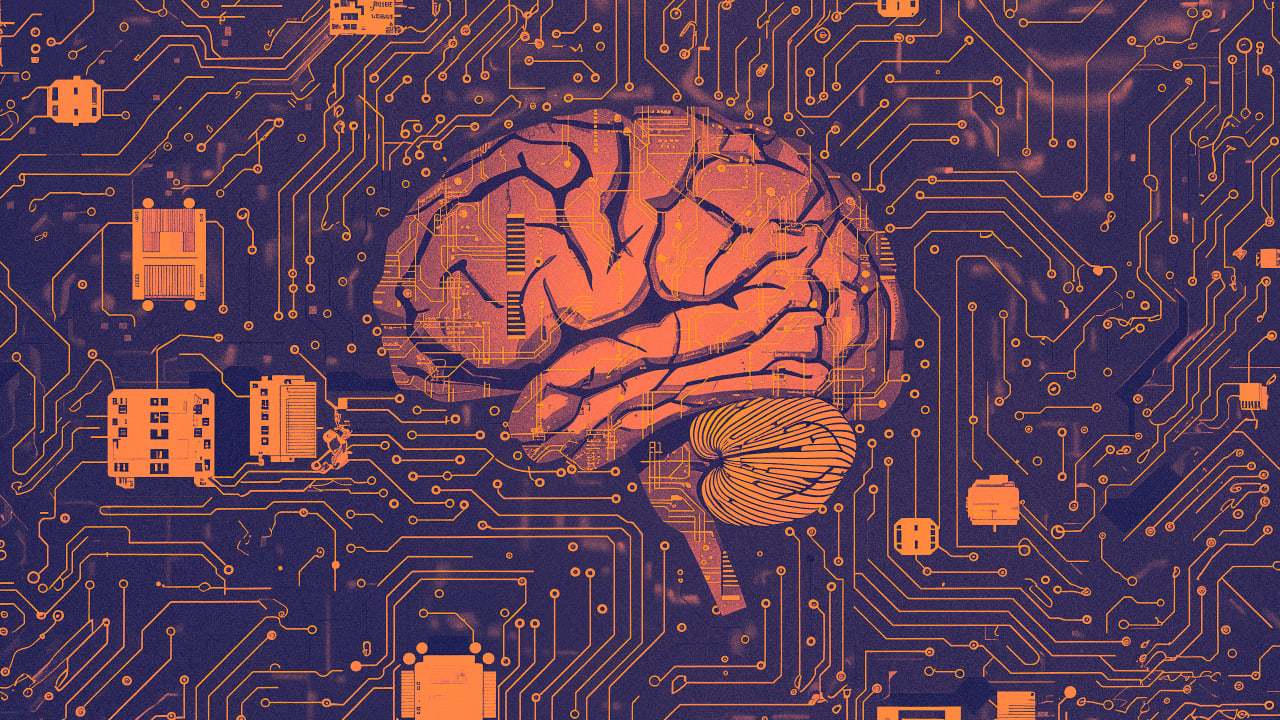


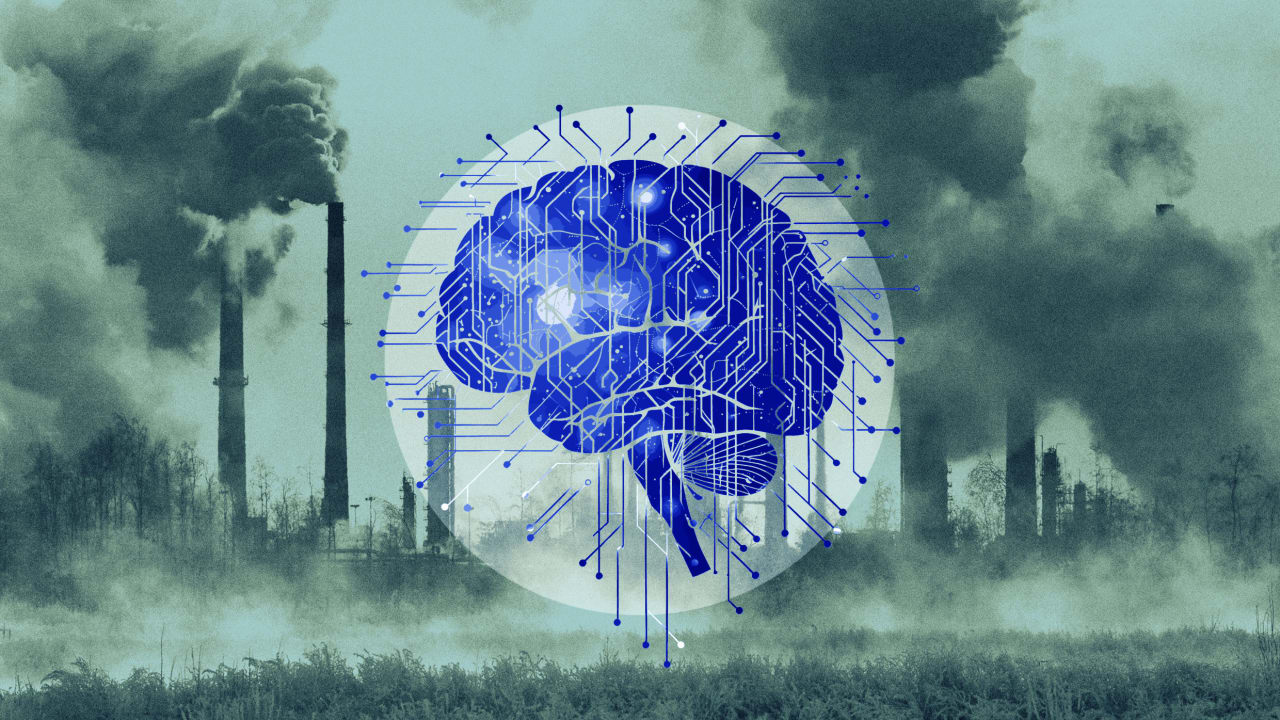




















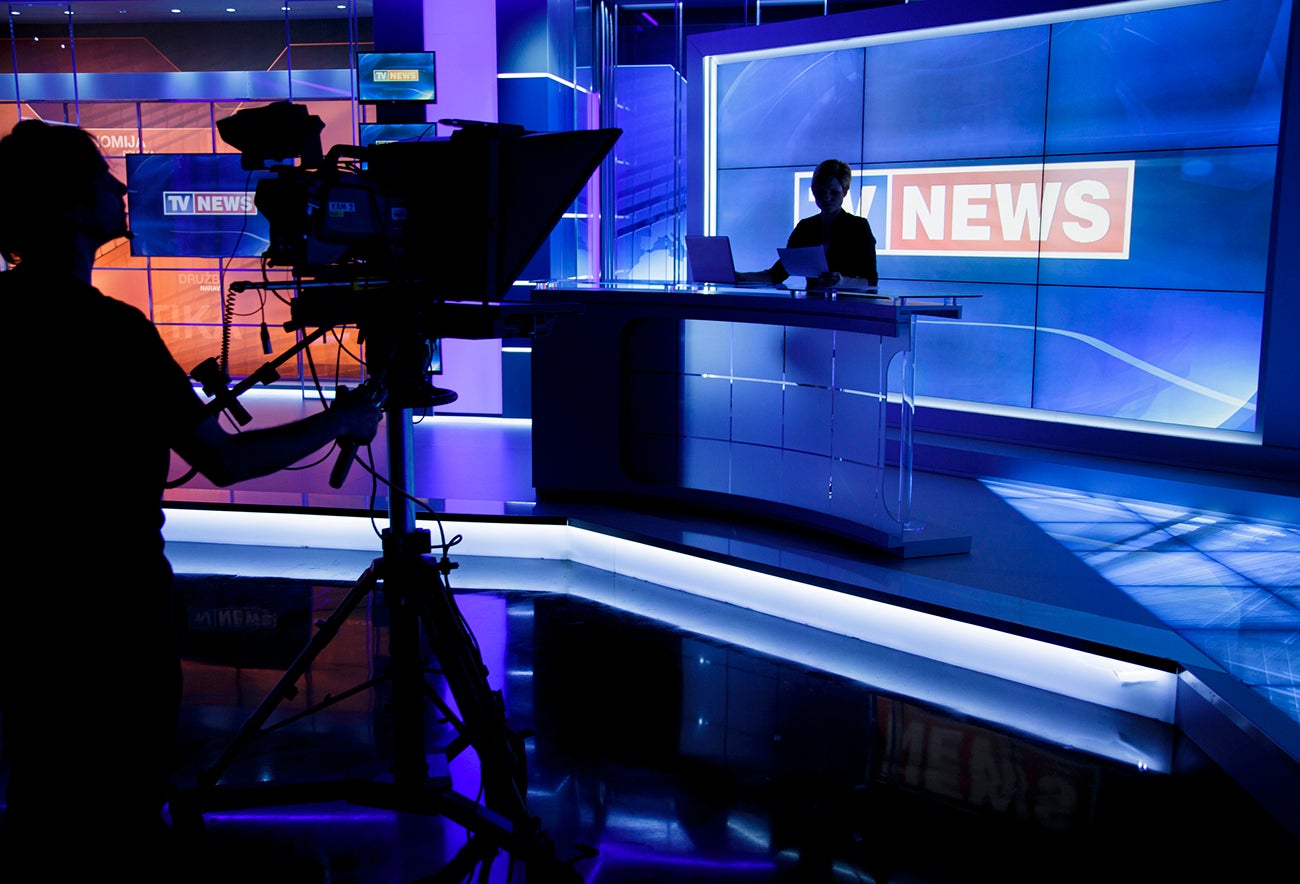








































![https //g.co/recover for help [1-866-719-1006]](https://newsquo.com/uploads/images/202506/image_430x256_684949454da3e.jpg)





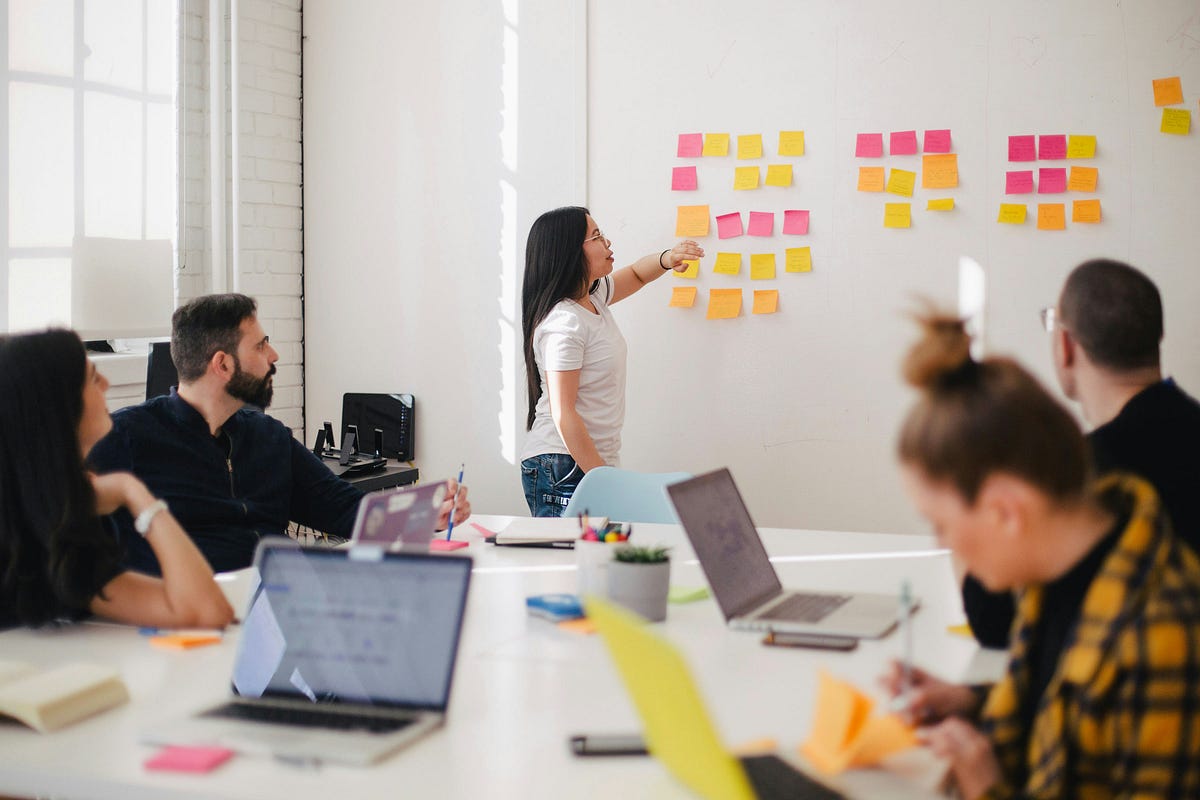
















![How Smart PMs Scale Their Careers in Any Org [TPG Live Recap]](https://tpgblog.com/wp-content/uploads/2025/06/2025-06-12-thumbnail-action.png?#)





















































